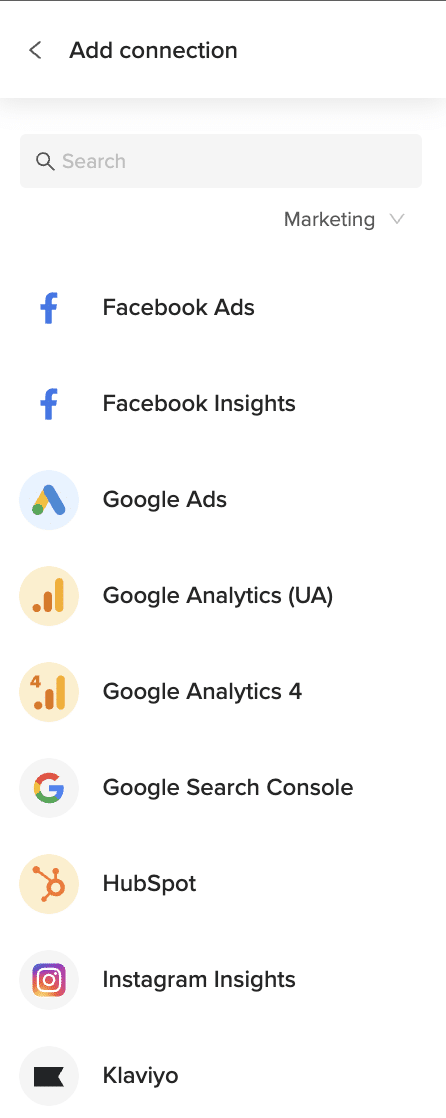Analyzing Destination Url Performance data from Microsoft Ads in Excel helps marketers understand which landing pages drive the best results, enabling more informed decisions about landing page optimization and ad-to-page relevance.
Instead of manually downloading reports that quickly become outdated, you can create a live connection for always-current insights into your landing page performance.
TLDR
-
Step 1:
Install Coefficient from the Office Add-ins store in Excel
-
Step 2:
Connect your Microsoft Ads account to Coefficient
-
Step 3:
Import Destination Url Performance data with relevant metrics
-
Step 4:
Set up auto-refresh to keep your landing page data current
Step 1: Install Coefficient and Connect Your Microsoft Ads Account
Start by installing the Coefficient add-in in your Excel workbook and connecting to your Microsoft Ads account.
- Open Excel and navigate to the Insert tab
- Click Get Add-ins and search for “Coefficient”
- Install the Coefficient add-in from the Office Add-ins store
- Once installed, open the Coefficient sidebar and click “Import”
- Select “Microsoft Ads” from the list of available connectors
- Follow the authentication prompts to connect your Microsoft Ads account

Step 2: Import Destination Url Performance Data
After connecting your Microsoft Ads account, you can import your Destination Url Performance data:
- In the Coefficient sidebar, click “Import from Microsoft Ads”
- Select “Destination Url Performance” from the list of available objects
- Choose which metrics you want to include (impressions, clicks, CTR, conversions, etc.)
- Apply any filters to focus on specific campaigns or date ranges
- Click “Import” to bring the data into your Excel spreadsheet

Step 3: Set Up Auto-Refresh for Your Data
Keep your Microsoft Ads destination URL data fresh by setting up automatic refreshes:
- Select any cell in your imported data range
- Open the Coefficient sidebar and click “Refresh”
- Click “Schedule Refresh” to set up automated updates
- Choose your preferred refresh frequency (hourly, daily, or weekly)
- Confirm your settings to activate the auto-refresh schedule

Analyze Your Landing Page Performance
With your Destination Url Performance data now in Excel, you can identify which landing pages deliver the best conversion rates and lowest bounce rates. Create pivot tables to compare performance metrics across different URLs, campaigns, or ad groups, and use Excel’s sorting and filtering capabilities to quickly spot trends.
Calculate page-specific metrics like cost-per-conversion, bounce rate, and ROAS to determine which landing pages deserve more traffic and which need optimization. These insights will help you align your ads with more effective landing pages for better campaign performance.
Microsoft Ads Data Available in Coefficient
Available Objects
- Campaign Performance
- Conversion Performance
- Keyword Performance
- Search Query Performance
- Account Performance
- Ad Dynamic Text Performance
- Ad Extension By Ad
- Ad Extension By Keyword
- Ad Extension Detail
- Ad Performance
- Age Gender Audience
- Audience Performance
Frequently Asked Questions
Trusted By Over 50,000 Companies
)






